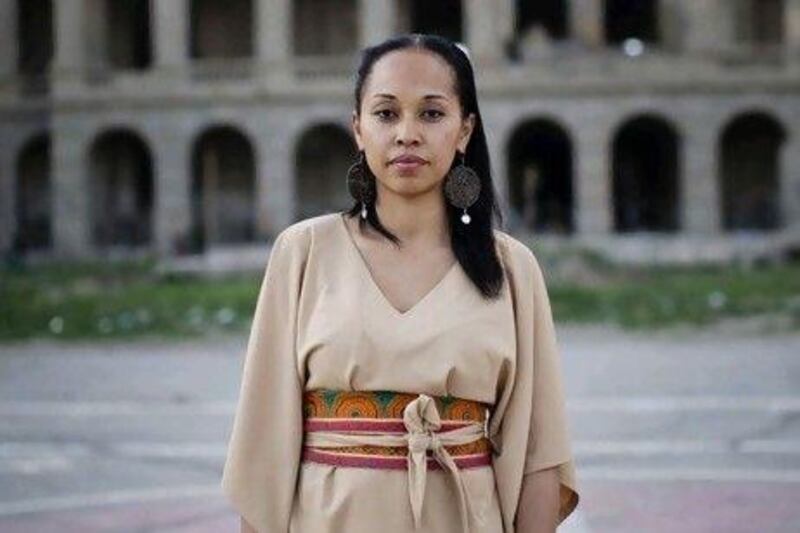She gets regular death threats from Afghans and her 9-year-old son thinks she's a spy, but Kimberley Motley, a former American beauty queen turned public defender, is undeterred in her tireless, thankless work as the sole foreign lawyer litigating within the Afghan justice system.
"I'm a born litigator," Motley, 36, says. Wearing a long sun dress, she's sitting outdoors at a garden party in Kabul.
"I try to run from it, but I can't. I do think that I'm making more of a significant contribution here than I would be at home," she says. "It's very rewarding."
Motley - who is known simply as Kim among expatriates in the city - has been making local and international headlines since she started a private law firm offering legal services to foreigners in Afghanistan in 2009. After securing the release of the high-profile prisoner Bill Shaw, a British national convicted of paying a bribe to an Afghan government official - the conviction was overturned on appeal - in 2010 the former Miss Wisconsin beauty queen of Korean and African-American descent became the go-to person for internationals in trouble here.
From visa mishaps to drug charges and even accusations of murder, Motley - fierce and unyielding - is ready to help. She even does some of the work pro bono.
"Up until Bill Shaw, I had tried to keep my practice quiet," she says. "But I get a lot of exposure with the cases I take, so I'm now pretty well-known by the media. Afghans are starting to come to my office and asking for representation. But there are also the threats."
Motley originally went to Afghanistan with the US state department in 2008, her first trip outside the United States and during which she mentored and trained Afghan lawyers as part of the US government's rule-of-law support programme.
The state department's development arm, the US Agency for International Development, is implementing a two-year, US$25 million (Dh91.8m) project aimed at building the capacity of Afghanistan's formal and informal, or community, justice systems.
But when Motley discovered there were a number of internationals caught up in the formal system without adequate legal defence, she decided to leave the comfort of her Wisconsin home and her three children to see what she could do to help.
"There really is no system, frankly," she says. "I'm constantly reminding people about the laws, and having to fight for things I would normally be entitled to in the United States."
Right now, Motley is defending what is probably her most controversial case to date. Her client, the South African security contractor Philip Young, was charged with the murder of an Afghan colleague in Kabul in October 2009.
According to several independent reports, the man had shown up at the company compound drunk and fired his weapon at Young, who fired back, killing him. The judges who presided over Young's case - in criminal, appellate and later the supreme court - agreed that he had acted in self-defence, Motley says. But they sentenced him to seven years in prison anyway.
"His case is straight self-defence. He was shot at, he shot back. It's an undisputed fact," Motley says. "You just have to be persistent."
Motley says her diverse ethnic background and impoverished childhood give her the tools she needs to operate in an environment such as Afghanistan's.
"We didn't have much growing up, and I think that helped," Motley says. "There's a certain street sense you need to have to be able to work as an international lawyer here."
Not everybody is a fan. Roohullah Qarizada, the deputy head of the Afghan Public Defenders Association, the organisation that allows Motley to litigate here, says the courts lack the capacity to translate all the legal documents she needs.
"It would be better if she just let Afghan defenders do the work," he says.
For her part, Motley says she has fired two Afghan lawyers she hired to assist her after discovering, she says, that they had previously paid bribes to judges.
"Real defence attorneys are not what the court system here is used to," she says. "If you do one thing wrong, they jump all over you. There's really no margin for error."





